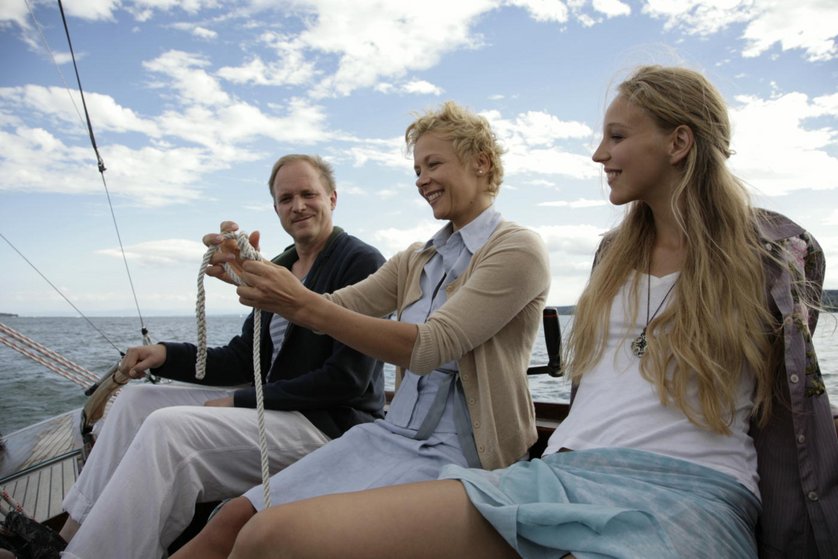고정 헤더 영역
상세 컨텐츠
본문
For a start, Runaway Horse confronts us with the dichotomy between alleged childhood friends Helmut Halm and Klaus Buch, meeting by coincidence on vacation after more than 20 years. The first chose to go with the flow, became teacher, conforms to societal expectations and leads life mostly in his mind and reading.
The second is the non-conformist, the adventurer. Always seeking new challenges, tasks and relations.

Boredom is death.This is the surface. Runaway Horse is not a Hesse book. There's For a start, Runaway Horse confronts us with the dichotomy between alleged childhood friends Helmut Halm and Klaus Buch, meeting by coincidence on vacation after more than 20 years. The first chose to go with the flow, became teacher, conforms to societal expectations and leads life mostly in his mind and reading. The second is the non-conformist, the adventurer. Always seeking new challenges, tasks and relations. Boredom is death.This is the surface.
Runaway Horse is not a Hesse book. There's no yin and yang, no plea for any specific lifestyle.

Ein Fliehendes Pferd Pdf
When boiled down to the essence, the two lifes are mostly similar. They consist of lies. Helmut is happiest when nobody recognizes him for his true self, when he can hide behind the conformist mask.
Klaus doesn't find satisfaction in his life either. Behind the facade fear and suppression are lurking. The two minor characters, their women, aren't much different. They stay rather flat but their images of supporting housewife respectively unconventional lover are facades as well.The name-giving runaway horse surfaces once as a symbol for the gap between illusion and reality. Klaus catches the horse.
The trick is not to confront it head on as it will shy away. Instead, approach it from the side. Catch life, not by the horns but sneakily from the side.There's a short moment of truth when Klaus is deemed to be drowned on a sailing trip. Helene, Klaus' partner, lifts the mask and reveals the truth of their life.
Ein Fliehendes Pferd Martin Walser Pdf
She has given up on her dreams for Klaus, pretending to be enjoying what he urges her to do. He's shying away from realising the emptiness in his life. He's a manic character. But the catharsis doesn't happen. Klaus reappears, the couples part and fall back to their delusional lifes.Walser is not one for the quiet tones. His characters are exaggerated, the scenes are striking. Lots of potential for interpretation but also attacks.
Maybe this is part of what makes Walser a controversial author in Germany. Many pupil had to read this book in school. Too early, best read when you're middle-aged and made enough experiences to discover how much reality differs from the images you're confronted with daily. I visited my parents this week, and sort of ran out of something to read. So I decided to read Martin Walser’s Bodensee novella Ein fliehendes Pferd for the #2016ClassicsChallenge.
The book is about a 40 something bourgeois couple vacationing on Lake Constance, and meet a former school mate who's aggressively not bourgeois (or so it seems.)The prose is good, and there are a few passages of really good observations, but overall I wasn't impressed. I just didn't care about the characters: I'm not I visited my parents this week, and sort of ran out of something to read. So I decided to read Martin Walser’s Bodensee novella Ein fliehendes Pferd for the #2016ClassicsChallenge.
The book is about a 40 something bourgeois couple vacationing on Lake Constance, and meet a former school mate who's aggressively not bourgeois (or so it seems.)The prose is good, and there are a few passages of really good observations, but overall I wasn't impressed. I just didn't care about the characters: I'm not that interested in inner workings of a depressed, bourgeois misanthrope (I've had my fair share of that myself.) The novella also feels dated in an odd way, I would have guessed that it was written 50, not 35 years ago.




